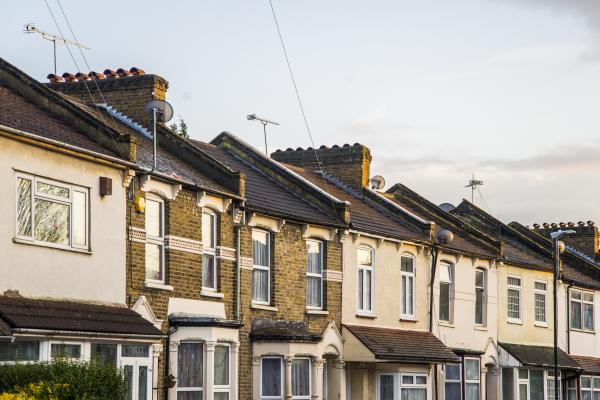
MakeUrMove’s data suggests around 30% of tenants will be paying their rent between Christmas Eve and New Year’s Eve this December. If you’re in this position as a landlord, you’ll be forgiven for having concerns about tenants not paying their rent in December.













